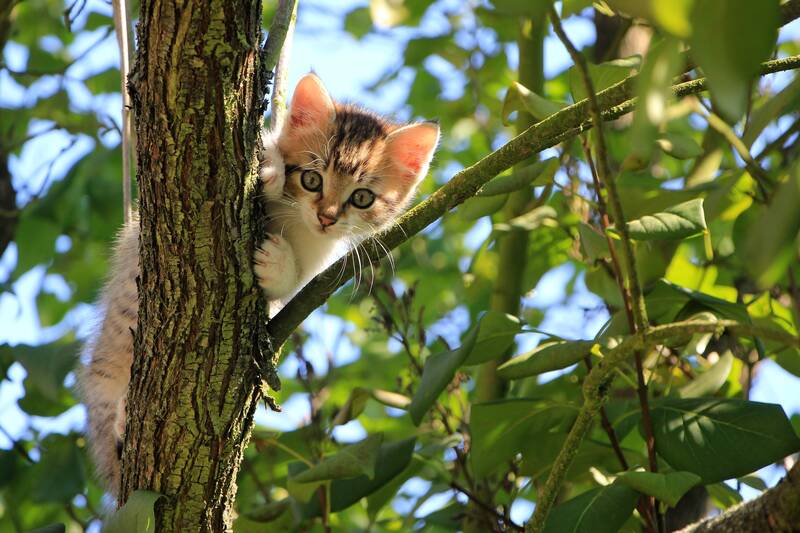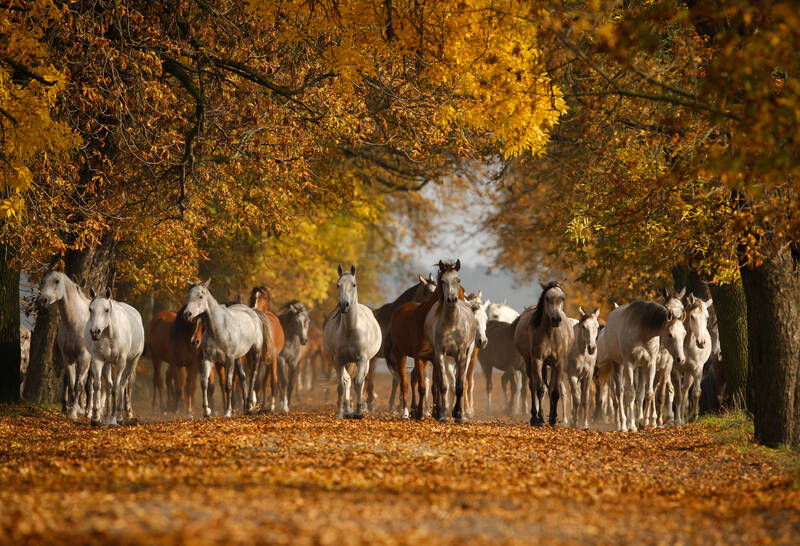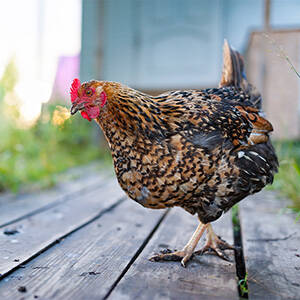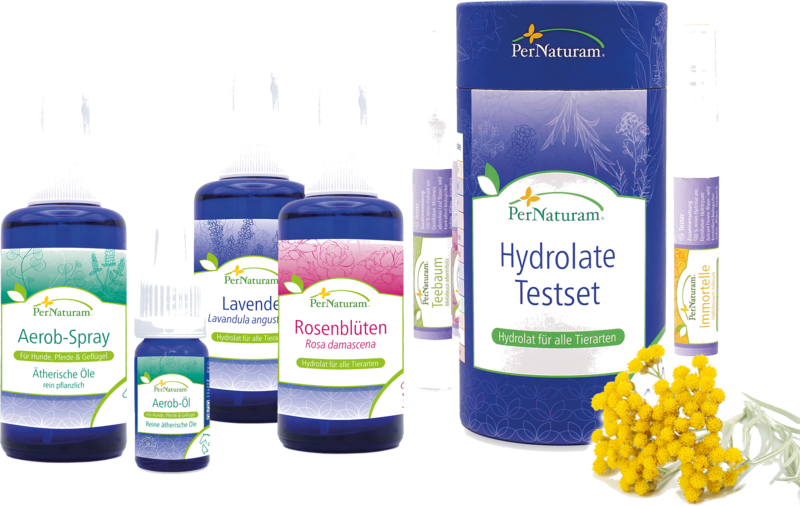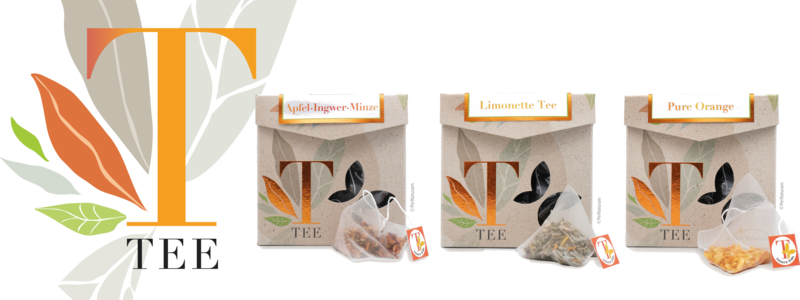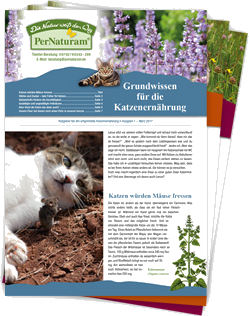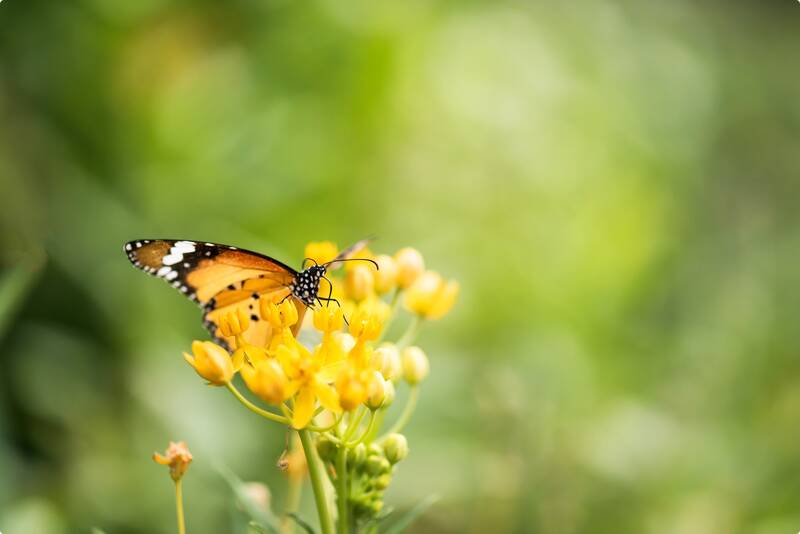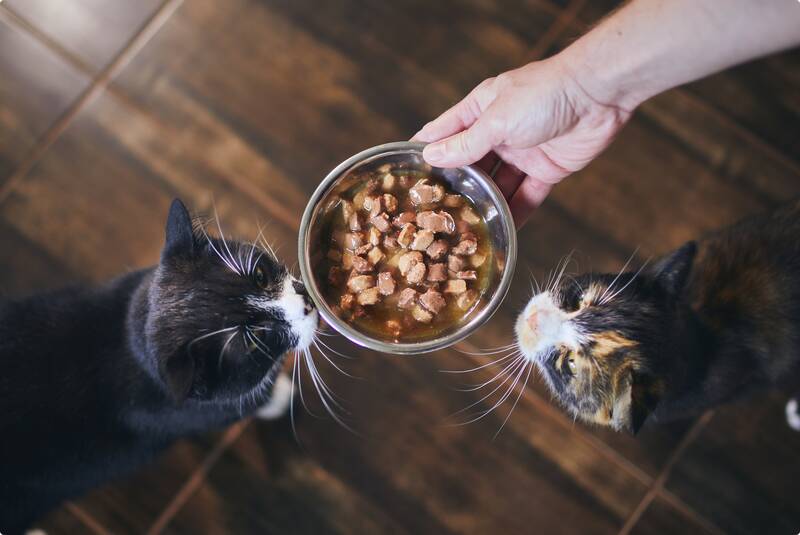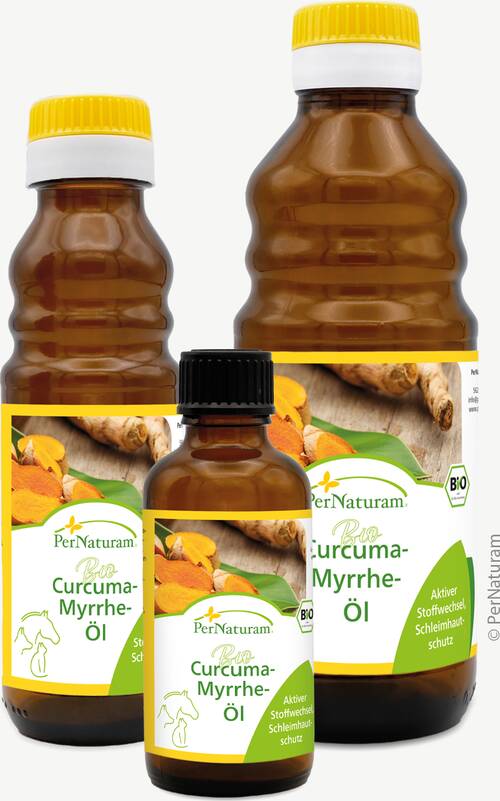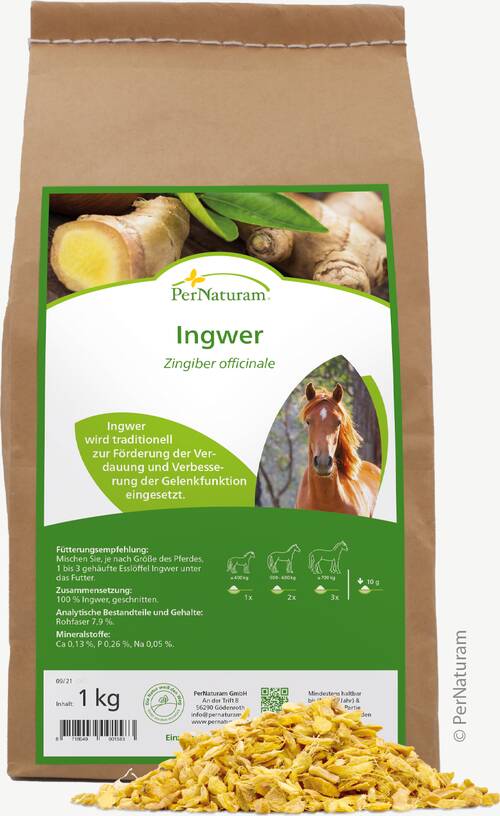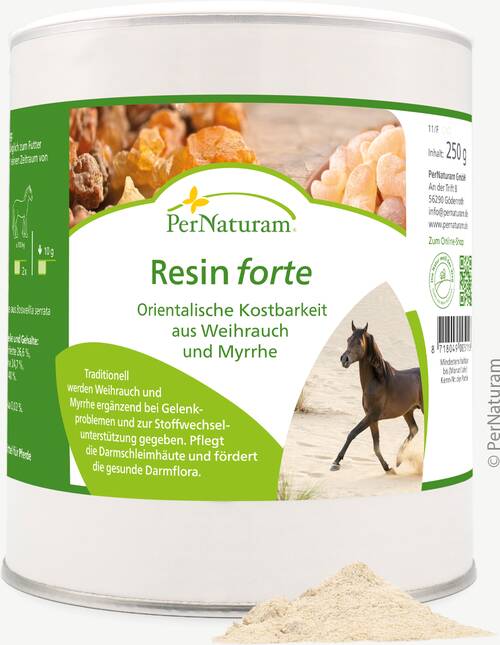The intestinal mucosa is densely populated with more than 100 trillion bacteria that defend their place against unwanted germs. There are also fungi, protozoa and worms. All have their place in the gut. But the balance has to be right.
A body cannot live without the intestinal flora, because this is where a large part of the immune process takes place. One-sided nutrition without vital substances, one-sided pasture or hay without herbs, plus concentrated feed with a high proportion of highly digested starch lead to an impoverishment of the intestinal flora. The intestinal environment is shifting, the intestine is acidic and the intestinal microbiome is no longer able to deal with infections or parasites. Feeding a horse species-appropriate also means taking care of the intestinal flora. Only in this way can it fulfill its diverse tasks in metabolism and immune processes. The intestinal flora produces various vitamins, enzymes, amino acids and takes care of the breakdown and elimination of toxins. An intact intestinal flora is reflected in the vitality and performance of your horse and is also reflected in smooth skin, a shiny coat and stable hooves.
Intestinal flora, what is that actually?
It is the totality of microorganisms that colonize the intestines of humans and animals and are of crucial importance for the host organism. Here there is a close interrelationship between living beings of two species, which is why we speak of the intestinal ecosystem. The term "flora" derives from the earlier classification that bacteria and many other microorganisms belong to the plant kingdom. Since bacteria form their own domain in the scientific classification of living beings (formerly prokaryotes), one speaks today of an intestinal microorganism community or of an intestinal microbiota, the intestinal microbiome. The intestinal flora is part of the microbiome of every multicellular organism.






